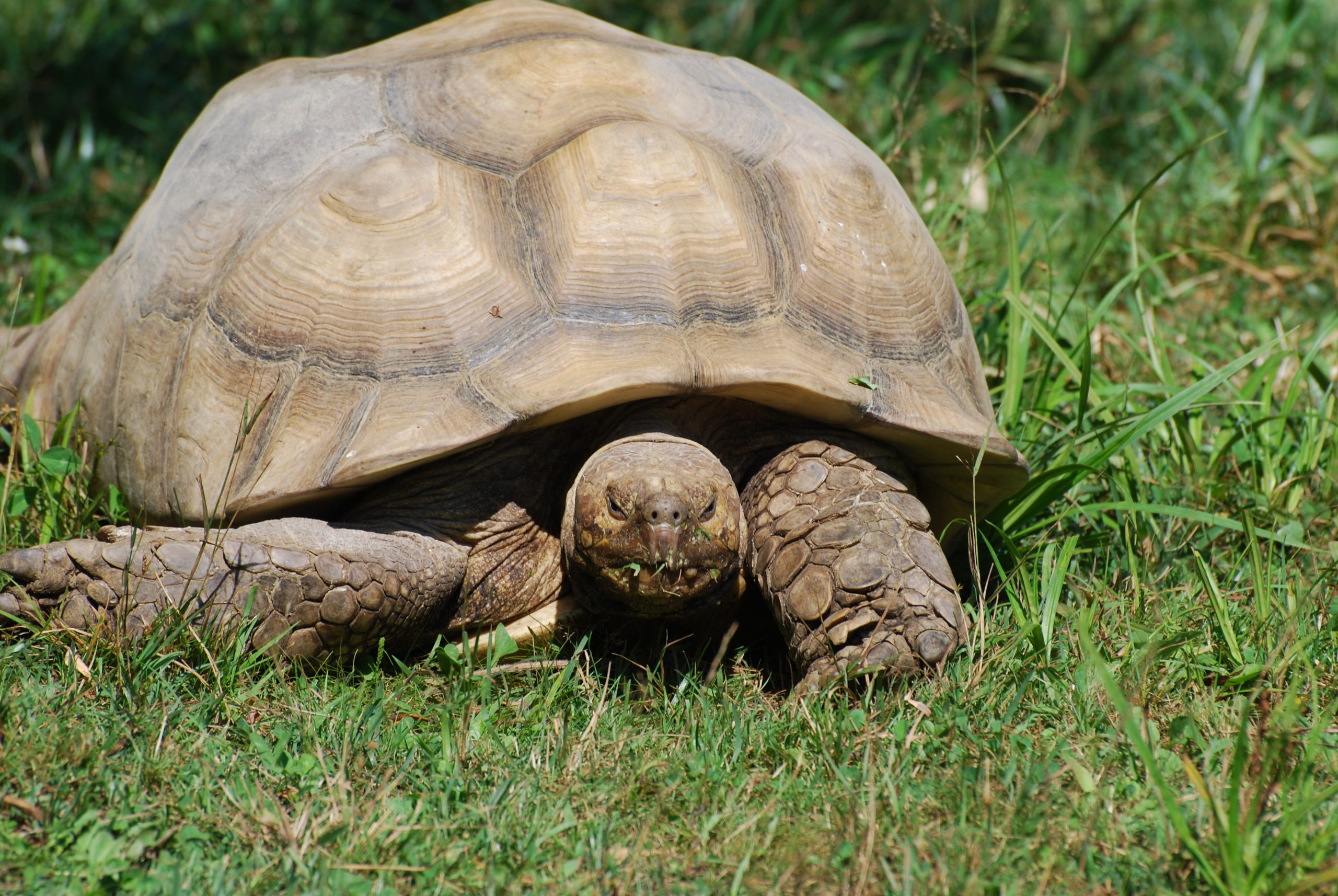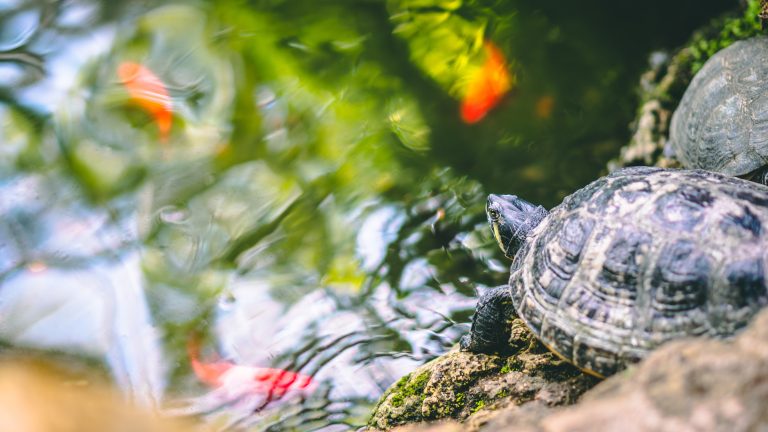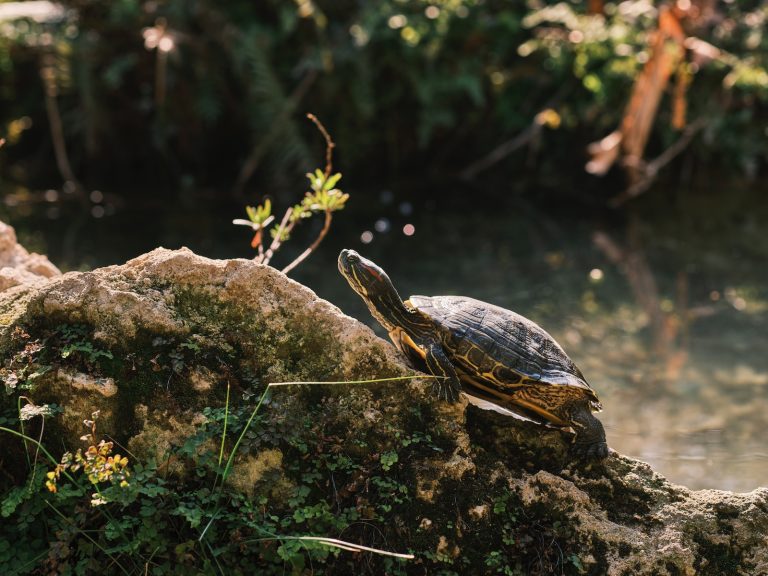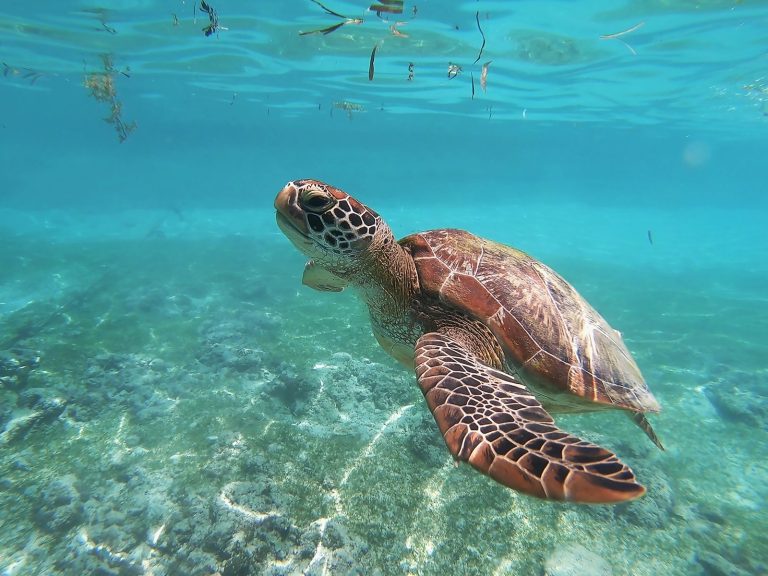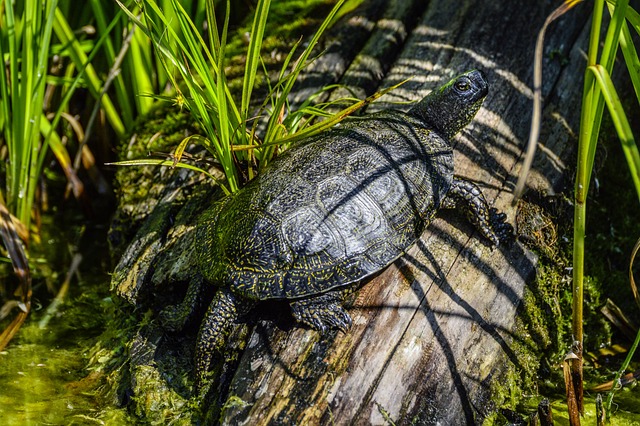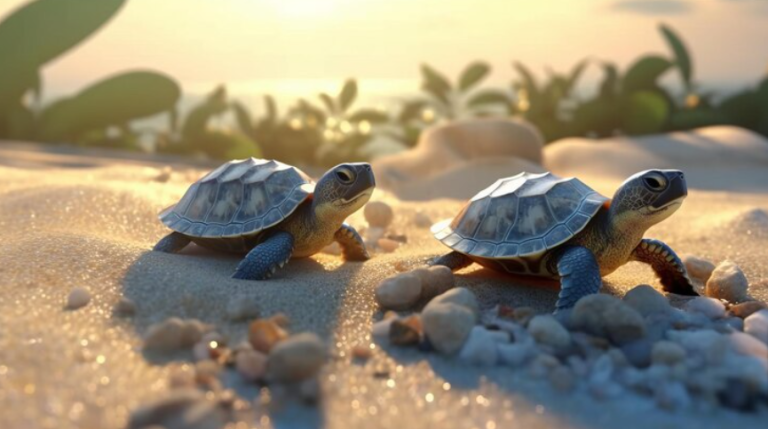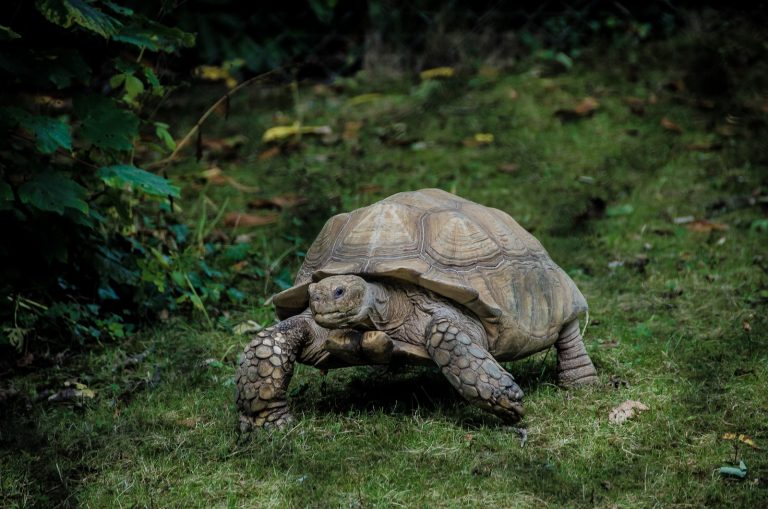Tortoises are remarkable creatures known for their slow pace and longevity. If you’re a proud tortoise owner or simply curious about these reptiles, you’ve probably wondered, “How long can a tortoise go without food?” In this comprehensive guide, we’ll delve into the world of tortoise care, addressing this question and many more. Our goal is to provide you with accurate, informative, and engaging content that showcases our expertise in the field.
Tortoise Dietary Habits
Tortoises have unique dietary habits influenced by their species and environment. Understanding their feeding patterns is crucial for their well-being.

Herbivorous Nature
Tortoises are herbivores, primarily feeding on plants and vegetables. Their diet consists of leafy greens, flowers, and certain fruits. This herbivorous nature plays a significant role in determining how long they can go without food.
Slow Metabolism
Tortoises have a slow metabolism, allowing them to efficiently convert food into energy and store it for extended periods. This adaptation is essential for their survival in the wild when food availability fluctuates.
Hydration Source
Water is essential for all living creatures, but tortoises have a unique way of obtaining it. They often get their required moisture from the vegetation they consume, reducing their dependence on external water sources.
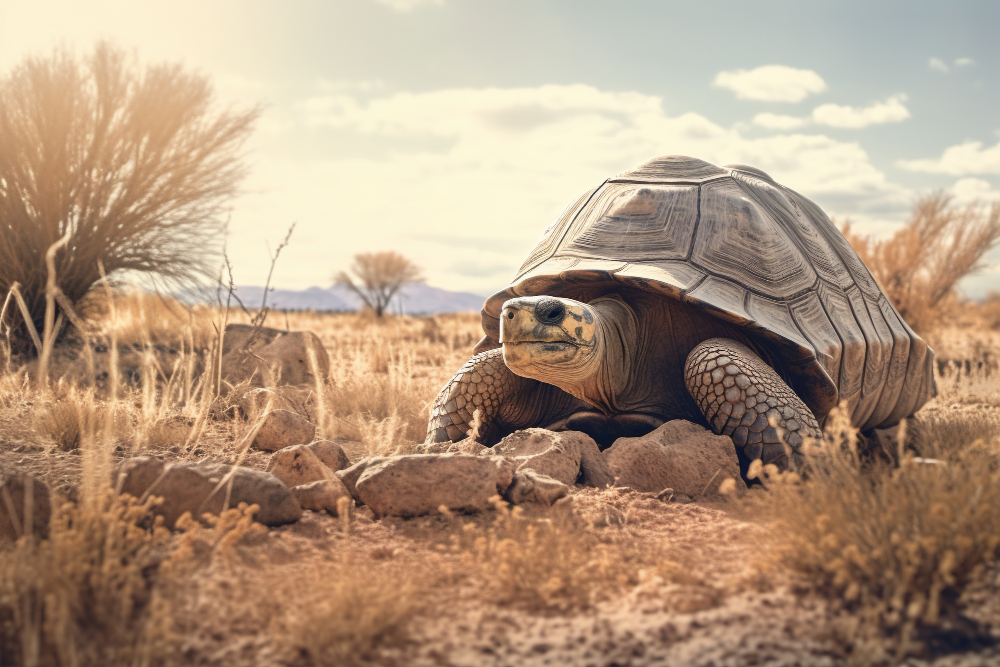
Factors Affecting Food Tolerance
Various factors influence how long a tortoise can survive without food. Let’s explore these factors in detail.
Species Variation
Different tortoise species have varying food tolerance levels. For example, the desert-dwelling Sulcata tortoise can withstand longer periods without food compared to the Russian tortoise.
Age Matters
Age plays a crucial role in a tortoise’s food tolerance. Young tortoises typically require more frequent feeding than their older counterparts due to their rapid growth.
Environmental Conditions
The environment in which a tortoise lives greatly impacts its food tolerance. Tortoises in the wild may endure longer periods without food during droughts or extreme weather conditions.
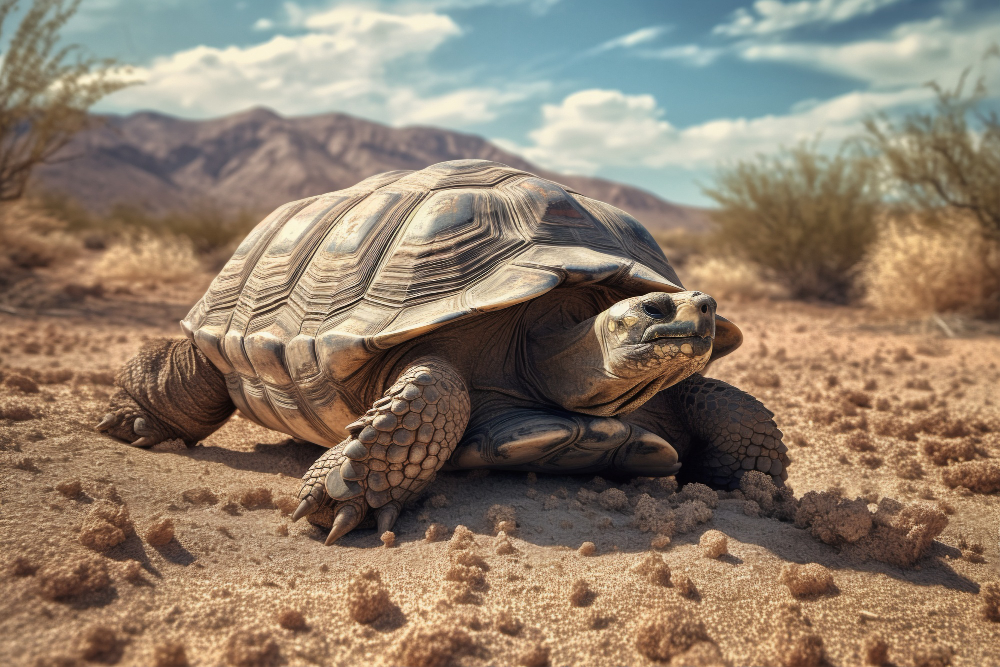
How Long Can a Tortoise Go Without Food?
Tortoises are incredibly resilient, and their ability to survive without food varies based on the factors mentioned above. On average, a healthy adult tortoise can go without food for several weeks to a few months. Some species, like the aforementioned Sulcata tortoise, have been known to survive up to a year without food, relying on their fat reserves.
However, it’s crucial to remember that while tortoises can endure periods without food, it doesn’t mean they should. Regular feeding and a balanced diet are essential for their overall health and longevity.
Frequently Asked Questions
How often should I feed my pet tortoise?
For most pet tortoises, daily feeding is recommended to ensure they receive the necessary nutrients. Young tortoises may require more frequent feeding.
What happens if a tortoise doesn’t eat for an extended period?
Prolonged food deprivation can lead to malnutrition and health issues. It’s best to consult a veterinarian if your tortoise refuses to eat.
Can I leave food for my tortoise when I go on vacation?
While tortoises can go without food for a while, it’s not advisable to leave them without food during your absence. Arrange for a caretaker or automated feeding system.
Are there any signs of a hungry tortoise?
A hungry tortoise may become lethargic, lose weight, and display decreased activity. Monitor your pet’s behavior closely.
Can I overfeed my tortoise?
Yes, overfeeding can lead to obesity and health problems. Follow recommended feeding guidelines for your tortoise’s species and age.
What should I do if my tortoise refuses to eat?
If your tortoise consistently refuses to eat, consult a veterinarian for a thorough examination and guidance.
Conclusion
Tortoises are fascinating creatures with remarkable abilities to adapt to challenging conditions. While they can survive without food for extended periods, responsible pet ownership requires regular feeding and proper care. By understanding their dietary needs and environmental factors, you can ensure a long and healthy life for your beloved tortoise.
